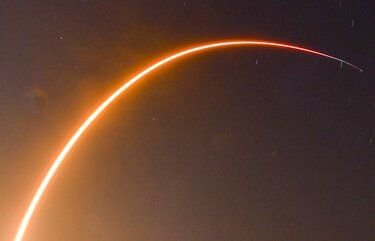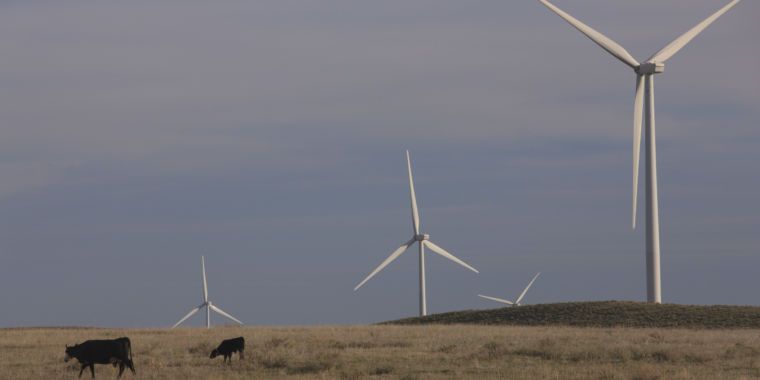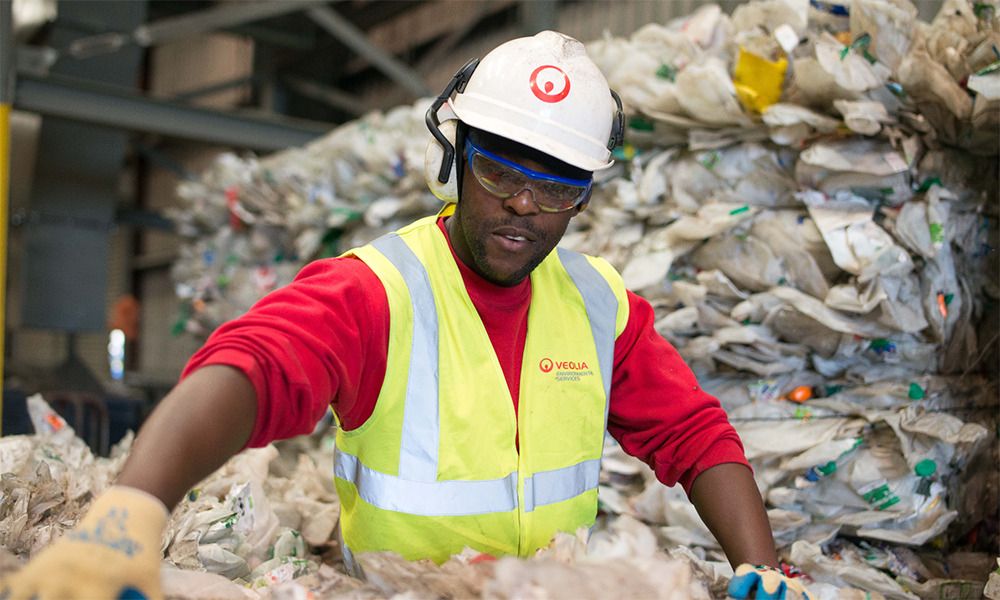As they researched why the avalanche occurred with such force, researchers studying climate change pored over images taken in the days and weeks before and saw that ominous cracks had begun to form in the ice and snow. Then, scanning photos of a nearby glacier, they noticed similar crevasses forming, touching off a scramble to warn local authorities that it was also about to come crashing down.
The images of the glaciers came from a constellation of satellites no bigger than a shoebox, in orbit 280 miles up. Operated by San Francisco-based company Planet, the satellites, called Doves, weigh just over 10 pounds each and fly in “flocks” that today include 175 satellites. If one fails, the company replaces it, and as better batteries, solar arrays and cameras become available, the company updates its satellites the way Apple unveils a new iPhone.
The revolution in technology that transformed personal computing, put smart speakers in homes and gave rise to the age of artificial intelligence and machine learning is also transforming space. While rockets and human exploration get most of the attention, a quiet and often overlooked transformation has taken place in the way satellites are manufactured and operated. The result is an explosion of data and imagery from orbit.









